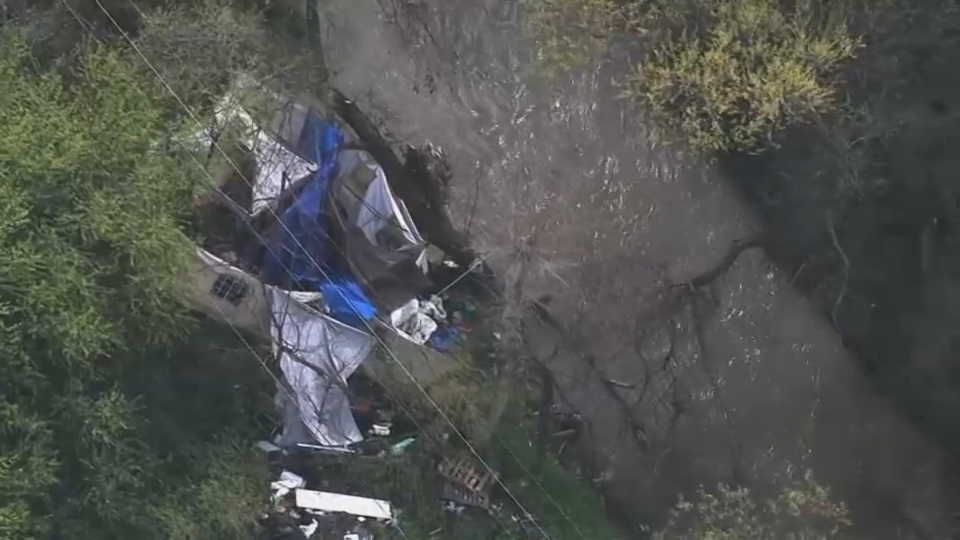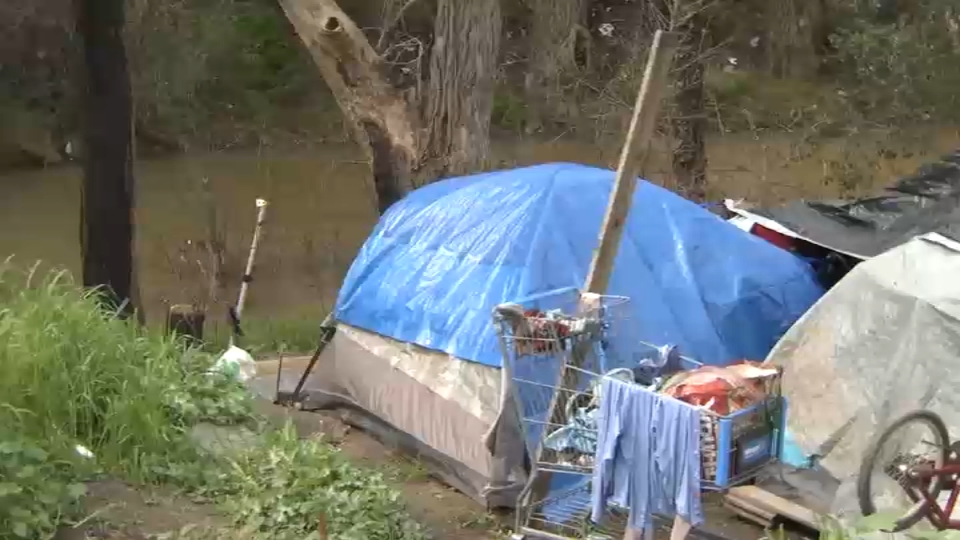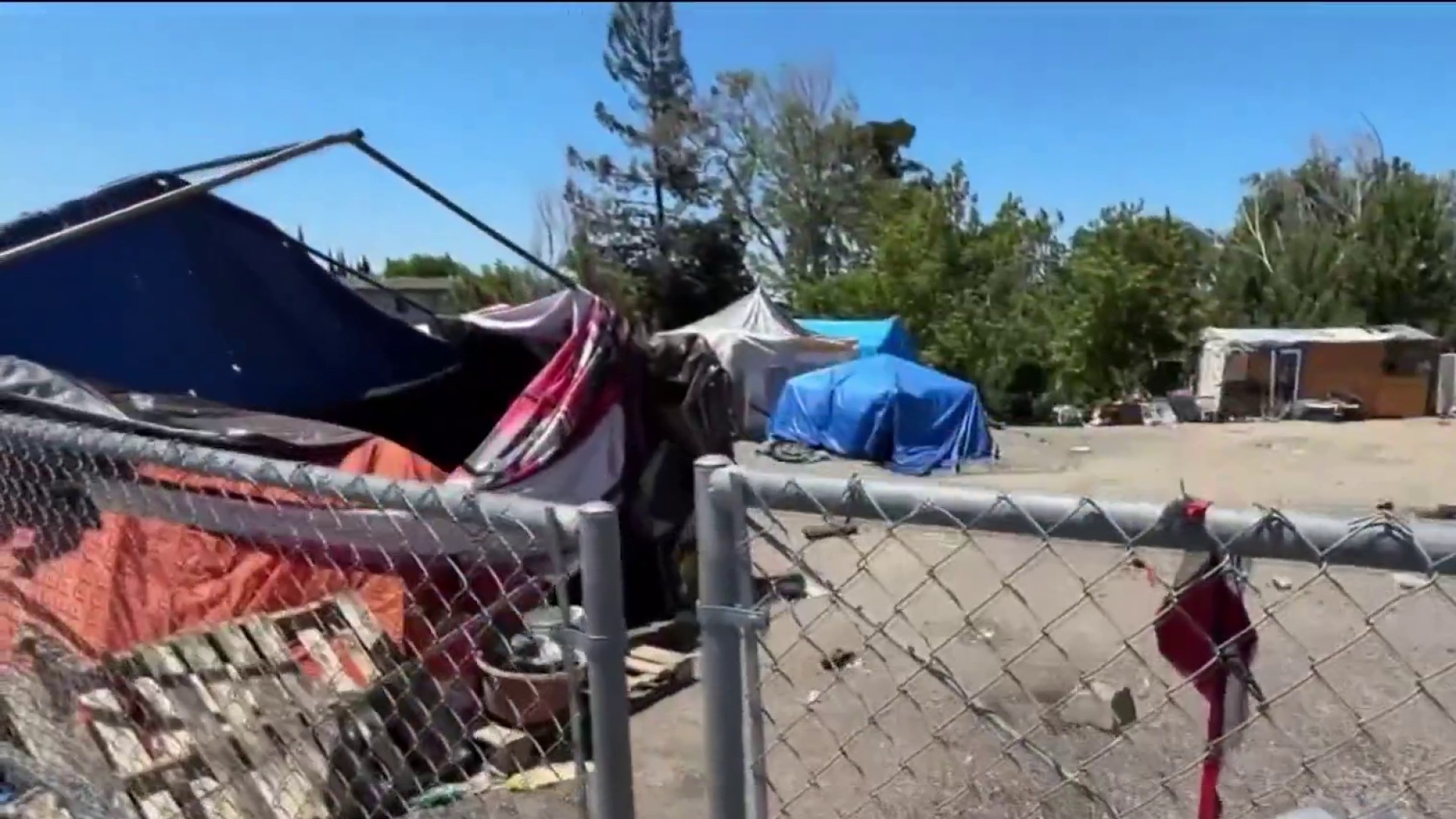Santa Clara Valley Water held an unhoused people and environmental summit on Friday in an effort to better understand how to clear the unhoused out of South Bay waterways.
Valley Water said it needs creeks and waters free of homeless encampments for two reasons. First, officials said employees have been threatened and attacked when trying to maintain creeds or remove debris. Second, the camps are polluting the creeks, per the agency.
"We're in a tough spot where we have limited ways to impact the availability of adequate shelter and housing, but we also have to deal with these critical environmental and safety issues right now. We can't wait any longer," said Mark Biksky, an assistant officer of the Good Neighbor Program at Valley Water.
At the summit, representatives from the county, various cities, and homeless advocates gathered to discuss how they could collaborate to handle the issue.
"[The goal] is not to remove all encampments from all waterways immediately; it's to ramp up as the availability of housing and shelter ramps up," Biksky said. "But also to target the most egregious offenders immediately, the encampments that are creating the worst environmental impacts."
However, many who live along the creeks believe they should been part of Friday's panels.
James Campbell lives in his car near a creek in San Jose and claims a lot of debris comes from people illegally dumping.
"They should really start having conversations with unhoused individuals who are living along the creeks, who are actually willing to engage in conversations because there's a lot that isn't being said," Campbell said.
Debra Townley, who lived in her car with her son for five years, echoed similar remarks.
Get a weekly recap of the latest San Francisco Bay Area housing news. Sign up for NBC Bay Area’s Housing Deconstructed newsletter.
"And find out what is it going to take to get them to move. What is it that they need? How do they want to go about doing this? It's going to have to happen for the benefit of everyone," Townley said.
Some officials said there had been multiple meetings on the topic that welcomed public comment.
The board is now scheduled to vote on the ordinance to reduce and prevent encampments in late November.




